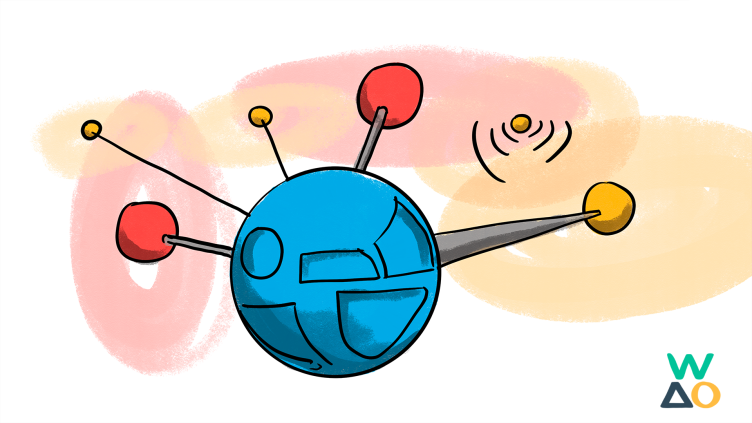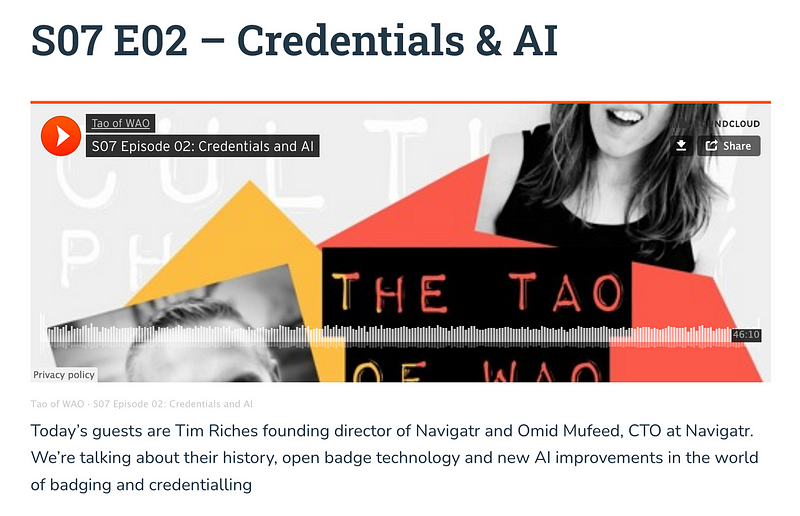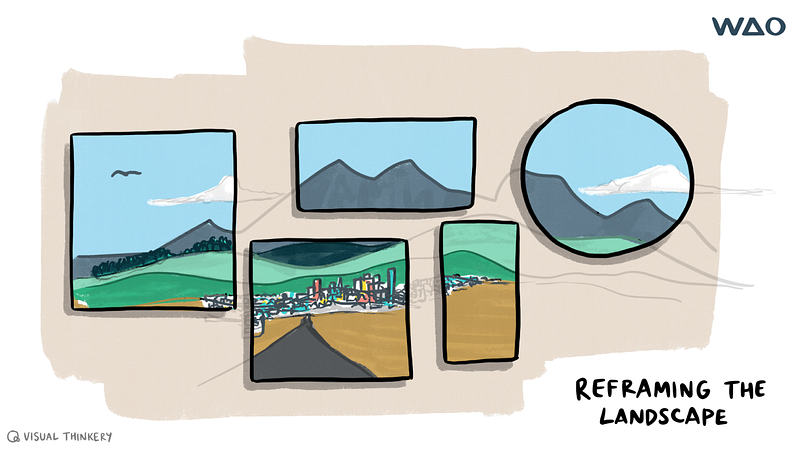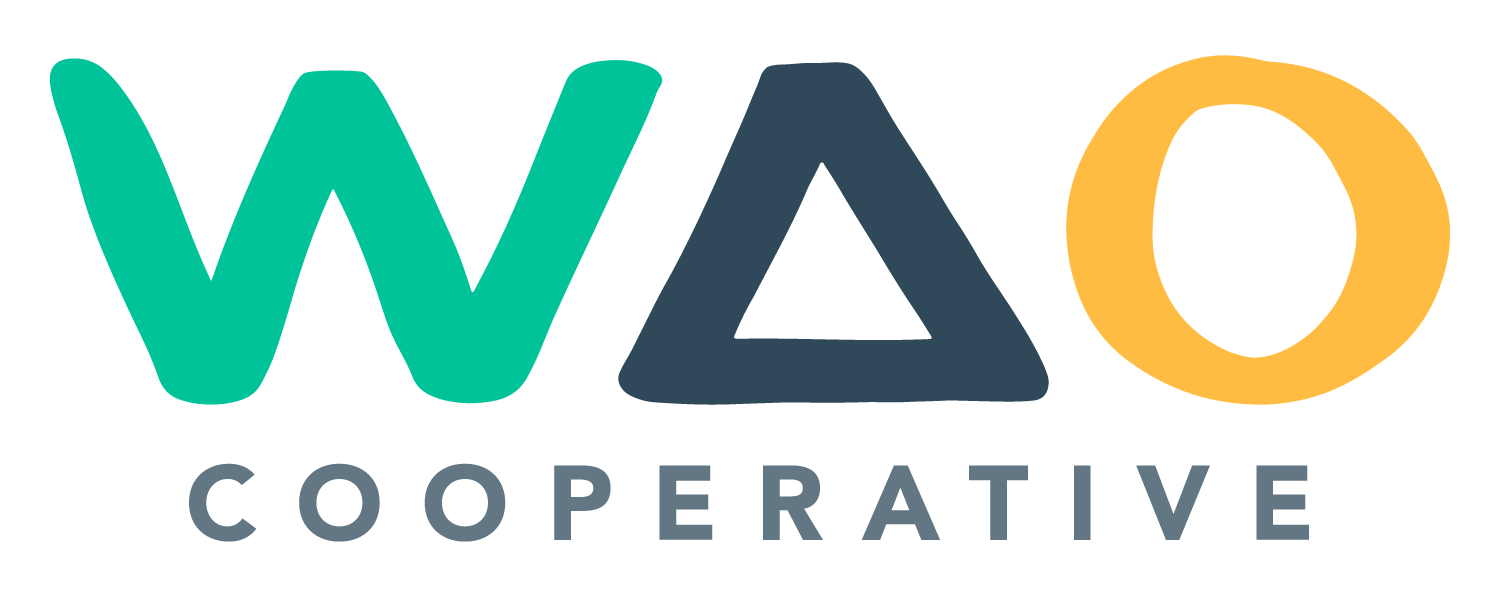#2: The One with the Reframing Recognition
This time around, in keeping with this being issue #2, we’ve got the second episode in Season 7 of our podcast, as well as the second post…

This time around, in keeping with this being issue #2, we’ve got the second episode in Season 7 of our podcast, as well as the second post in a series about our work around Greenpeace’s Critical Incident Network.
We’ve also got the launch of a new course around the concept of Open Recognition and going beyond microcredentials. And of course we finish with a link roundup.
Let’s dive in!

Exploring community learning pathways
We Are Open Co-op has collaborated with Greenpeace International on an educational programme focused on Greenpeace’s Critical Incident Network (CIN). The programme offers a structured learning pathway, consisting of multiple steps from observation to ownership, aimed at enhancing organisational responsiveness, team cohesion, and crisis communication skills.

Tao of WAO podcast
The second episode of Season 7 of our podcast features Tim Riches, founding director of Navigatr, and Omid Mufeed, CTO at Navigatr. We delve into their history, the technology behind Open Badges, and new AI improvements in the world of credentialling
Get it wherever you get your podcasts, or stream via SoundCloud below.

Reframing Recognition
We’re proud to present our free email-based course to help you and your organisation go beyond microcredentialing and embrace Open Recognition!
This is the fifth free, email-based course we’ve launched since 2020 so check out the others if you’re interested! We’ve got ones covering everything from running meetings well to what educators should learn about Feminism.
📡 Signals
Links from around the web about things we think are (or could be) important relating to our work on sensemaking and digital transformation:
- Bridging the Divide Between Code and Conscience: Navigating the Intersection of Algorithms and Ethics (Ian O’Byrne) — a friend and collaborator of WAO looks into the multifaceted relationship between technology and ethics, particularly in the context of media and information literacy. He explores various themes such as access, mode, medium, efficiency, attention, and ethics, offering critical questions and considerations for educators, policymakers, and researchers to shape future focus groups and educational strategies.
- Being glue (Tanya Reilly) — a presentation outlining the concept of “glue work,” which is defined the often overlooked but essential tasks that keep a team functioning smoothly. This includes such things as onboarding new members and updating roadmaps. It argues that while this work is crucial for team success, it can also be career-limiting if not managed deliberately, potentially pushing individuals into less technical roles.
- To Navigate the Age of AI, the World Needs a New Turing Test (WIRED) — an article discussing discusses the evolving perception of machine intelligence, particularly in the context of large language models like GPT-4. It suggests that the traditional Turing Test for machine intelligence is becoming outdated and proposes a new “Actual Alan Turing Test” that considers not just computational ability but also the machine’s impact on human emotion and cognition.
- Solarpunk as a way of redesigning higher education for the climate crisis (Bryan Alexander) — this article explores “solarpunk” as a design movement that offers a hopeful, sustainable vision for the future, particularly in the context of climate change and its emotional toll. It considers ways in which higher education can adopt solarpunk principles, such as biophilic design and renewable energy to create campuses and curricula that are more harmonious with nature and focused on holistic problem-solving.
- Technology Companies Must Make Platforms Safer for Women in Politics (Tech Policy Press) — the US-based National Democratic Institute (NDI) has conducted a study urging technology platforms to implement measures that protect women, especially those in politics, from online harassment and abuse. The article argues that making online spaces safer for women not only has ethical and democratic implications but also offers financial benefits for tech companies, such as enhanced brand reputation and reduced legal risks.
👋 That’s it for this week!

Discussion